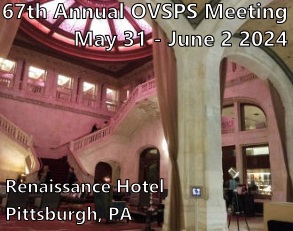<< Back to the abstract archive
Physician innovation in topical wound device development: Is it stifled by costly approval pathways?
Kiersten Woodyard, MPH
Douglas Dembinski, MD
Maleeh Effendi, MD
Scott Rapp, MD
Brian Pan, MD
University of Cincinnati
2024-01-14
Presenter: Kiersten Woodyard
Affidavit:
Ann Schwentker, MD
Director Name: Ann Schwentker, MD
Author Category: Medical Student
Presentation Category: Clinical
Abstract Category: General Reconstruction
Introduction: Pre-market notification, also known as 510K, is a cost-effective pathway for FDA medical device approval that bolsters physician innovation in small-to-medium enterprises. Pre-market authorization (PMA) requires pre-approval clinical trials that are cost prohibitive for physician-led enterprises. This investigation aims to examine trends of 510K and PMA device approvals in the field of topical advanced wound care associated with increased regulatory burden.
Methods: FDA device databases were searched for approvals in wound care. Devices with 510K eligibility or PMA requirements were included if they were dressings with antimicrobials, collagen, or biologics, or constituted a dermal or topical scaffold. Data collection and statistical analysis was performed.
Results: 341 PMA approvals and 1093 pre-market notification 510K approvals were identified from 1990-2022, for 1434 approvals in topical advanced wound care. Obtaining pre-market approval was more likely for entities with over 500 employees (p < 0.0001) and annual revenues of $100 to 500 million (p < 0.0001). Only five companies acquired all 341 PMA approvals over the studied three decades. There was a decrease in 510K approvals over time (p <0.0001), while PMA approvals were not impacted. There was an overall decline in small device enterprises obtaining device approval through the 510K pathway (p=0.0017).
Conclusions: Decline of 510K approvals over time demonstrates opportunity loss for device enterprises rooted in physician innovation. Small enterprises are primarily physician-led and most impacted by regulatory burden. Cost-prohibitive approval pathways stifle physician innovation in device development and may prevent potentially market-disrupting products designed by physicians from improving patient quality-of-life.



